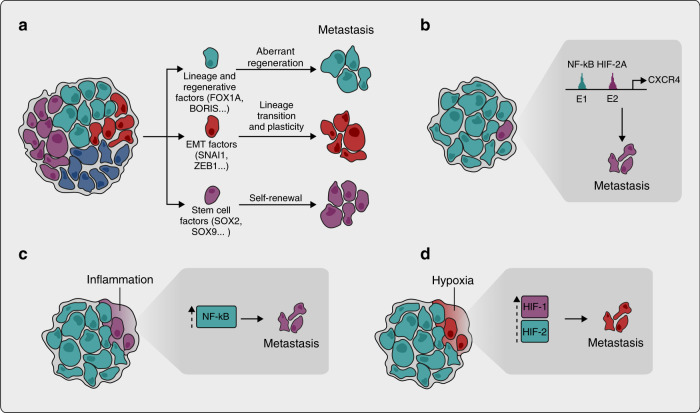Fig. 3. Epigenetic origins of metastatic transcriptional programmes.
Aberrant activation of developmental and regenerative programmes, mediators of epithelial–mesenchymal transition (EMT), and stem-cell functions in cancer cells can lead to enhanced metastatic fitness (a). Genetic and epigenetic alterations resulting in optimisation of the phenotypic output of already activated oncogenic signalling pathways lead to the acquisition of metastatic traits. In kidney cancer, the output of the VHL–HIF-2A pathway is altered in metastatic clones through nuclear factor (NF)-κB-dependent enhancer co-option (b). Microenvironmental stimuli induce metastatic oncogenic signalling (c, d). The tumour microenvironment is characterised by persistent inflammation, inducing NF-κB activation and the expression of metastasis genes (c). Tumour hypoxia activates HIF1 and HIF2-dependent transcriptional programmes that have been linked to metastatic progression (d).

